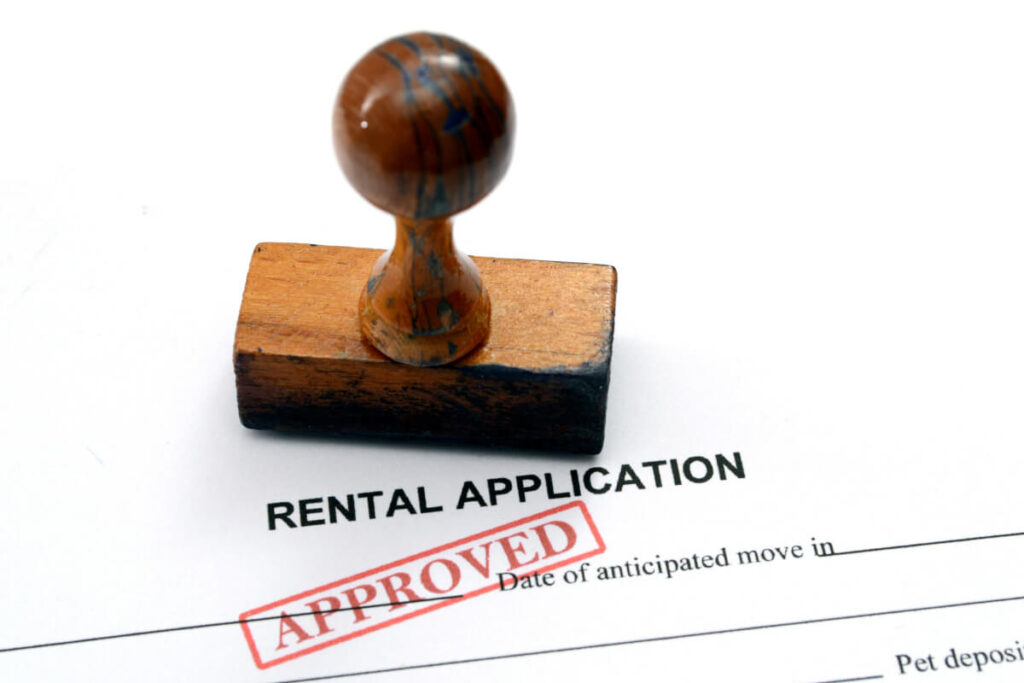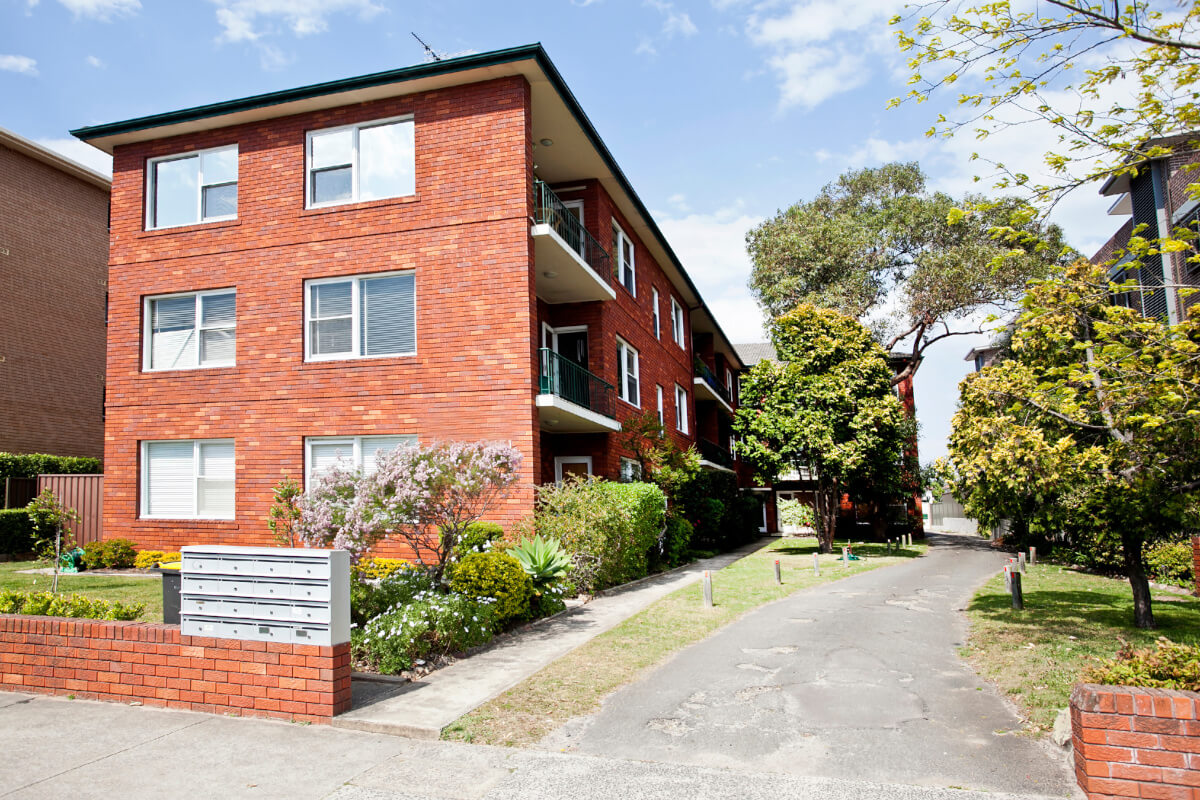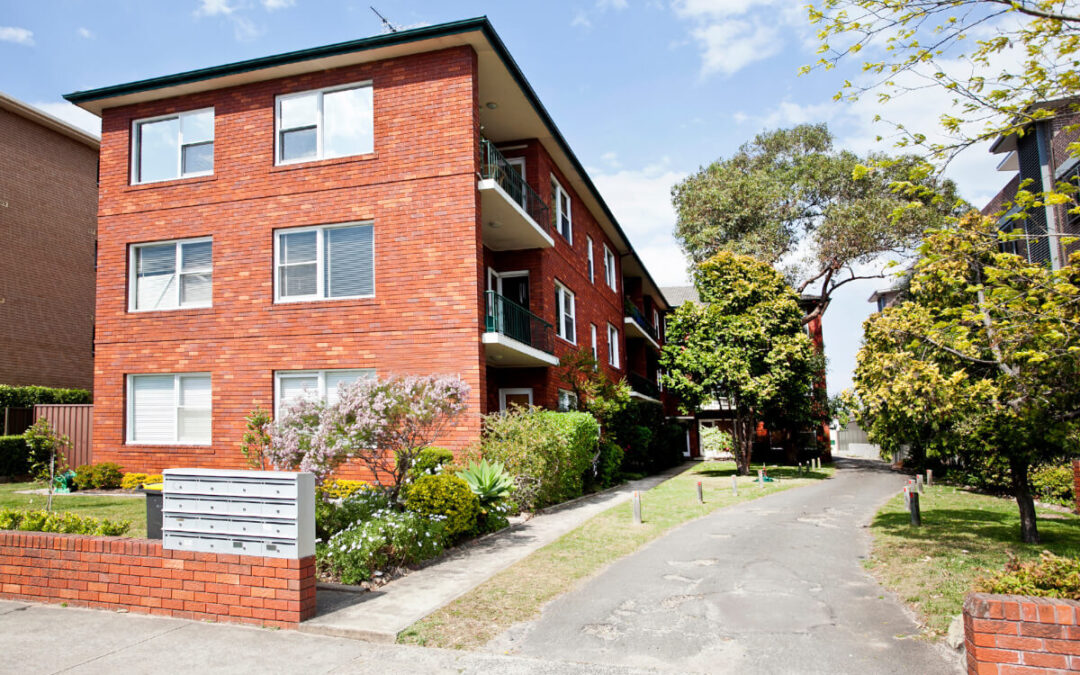Rental history can make or break a tenant’s chances of renting a property. Past issues, such as an eviction or a series of late rent payments, can make it harder to secure a new lease. However, not all landlords view these setbacks as deal-breakers. In fact, some welcome the idea of giving renters a fresh start with what are known as second chance properties.
In this guide, we’ll explore second chance rental properties and provide helpful tips for qualifying and finding one in today’s rental landscape. Here’s a preview of what we’ll cover:
- What are second chance rental properties?
- How do second chance properties differ from traditional listings?
- Lease requirements for second chance properties
- Tips for renting a second chance property
What Are Second Chance Rental Properties?
A second chance property offers renters a shot at redemption despite any poor rental, financial, or criminal history. Unlike most traditional landlords or property management companies, who may deny applicants at the first sign of imperfection, second chance rentals are willing to take on tenants with blemished rental records.
Below are some examples of why a renter might seek second chance leasing:
- Job loss or unexpected financial hardship causing missed payments
- A past eviction due to poor communication with previous landlord
- Criminal record that has been expunged or is no longer relevant
- Low credit score due to medical bills or other extenuating circumstances
- Recent divorce or separation leading to difficulty in paying rent on time
Whatever your circumstances may be, a second chance property offers exactly what its name suggests – a second chance! Regardless of any past financial hiccups or landlord conflicts, these properties offer the perfect opportunity to start new and rebuild.

What Is the Difference Between a Second Chance and a Regular Apartment?
While second chance and traditional listings look the same on the surface, they differ greatly in terms of rental criteria and approval process. Regular apartments typically follow a run-of-the-mill screening process involving a thorough credit and background check. If something comes up on these reports, such as a low credit score, past evictions, or a criminal record, traditional landlords of PMCs will likely deny the applicant. Second chance properties, on the other hand, are much more lenient.
Second chance properties enforce more flexible leasing requirements. While they will still conduct background and credit screenings, they are more forgiving of past mistakes. For example, if an applicant has a low credit score due to a medical emergency or unexpected financial hardship, the second chance property may still approve them for tenancy.
It is important to note, however, that second chance properties may compensate for their leniency with higher fees or stricter lease terms. Some apartments, for instance, will require a higher security deposit to offset the perceived risk of a tenant with past evictions or criminal charges. They might also modify rent terms, requiring bi-weekly payments instead of monthly ones, to ensure the tenant stays financially accountable.
Leasing Requirements for Second Chance Properties
Leasing requirements for second chance homes will vary among properties. However, most places will want to see that applicants have made some effort to repair their past. For example, if you’ve been
convicted of a felony, provide context on your application that paints a whole story. Explain the circumstances around your conviction, how long ago it was, and the steps you’ve taken since to right your wrongs.
Some properties may accept tenants under certain limits. For instance, a property might only accept tenants with a maximum of one broken lease or eviction over a certain period of years. They may accept applicants with felony backgrounds if a certain amount of time has passed since their sentence. Or they might require a certain percentage of the applicant’s debt to be paid off to qualify for a lease.
Leasing requirements will vary from property to property. So, be sure to discuss specifics with the landlord or property manager to determine your eligibility. The important thing here is to be honest, transparent, and have a clear understanding of what is expected of you as a tenant.

Tips for Renting a Second-Chance Property
In addition to meeting your property’s specific leasing requirements, there are some other things you can do to improve your chances of securing a second chance lease. Here are some helpful tips to follow if you’re interested in second chance leasing:
Keep an open mind
Keep an open mind as you search for your second chance home. Though your options may not be the most in-demand options on the market, the most important thing is that you have a place to call home. Consider different neighborhoods and property types that may not have crossed your mind before. The wider you cast your net, the better your chances of getting a fresh start!
Be upfront about your history
Honesty is the best policy when it comes to second chance leasing. Whatever your past may be, whether it involves financial struggles or criminal charges, you should always be completely transparent. Provide context to your story to help your landlord understand your situation, and be prepared to answer any questions they may have.
Consider working with a co-signer
A co-signer or guarantor is a great resource for second chance tenants. This person is a trusted third party who provides a secondary signature on your lease, promising to take financial responsibility if you cannot meet rent obligations. If a landlord is a bit on the fence about you, a co-signer or guarantor may ease their worries and make them reconsider you as a tenant.
To find a co-signer, reach out to family members or close friends who have strong credit and a stable income. It’s important to select someone you can trust – someone who is willing to take over if you’re really in a financial pinch. However, check with your landlord before bringing someone on, as they might have specific cosigner policies and eligibility requirements.
Come prepared with necessary documents
Landlords like to see a tenant who comes prepared. So, make sure you have everything you need before starting your application. This means having all necessary documentation like your proof of income, identification documents, credit reports, etc. Get these together beforehand to show that you’re prepared and invested in the property. Doing so will help you make a strong first impression and make the application process a lot smoother.
Start Your Next Chapter with ForRent.com
Ready for your fresh start?
ForRent.com is here to help! With thousands of rental property listings, from
apartments and condos to
townhomes and single-family houses, we make finding your next rental easy and hassle-free.
No matter your circumstances, ForRent.com is committed to helping you find the perfect place to call home. Our user-friendly search tools, detailed property descriptions, and extensive selection of options cater to every budget and lifestyle. Start your search today and take the first step toward your new beginning!
FAQs
Is it hard to rent again after an eviction?
Yes, renting after an eviction can be challenging, as many landlords check rental history. However, second-chance properties or private landlords may still be willing to work with you.
What are the requirements for a second-chance property?
Requirements vary but often include proof of income, a deposit, and references. Some properties may also ask for a letter explaining past issues or evidence of improved financial stability.
How long does negative information stay on a rental history report?
Negative information, like an eviction, typically stays on your rental history report for at least seven years. However, this can vary depending on the reporting agency or state laws.






